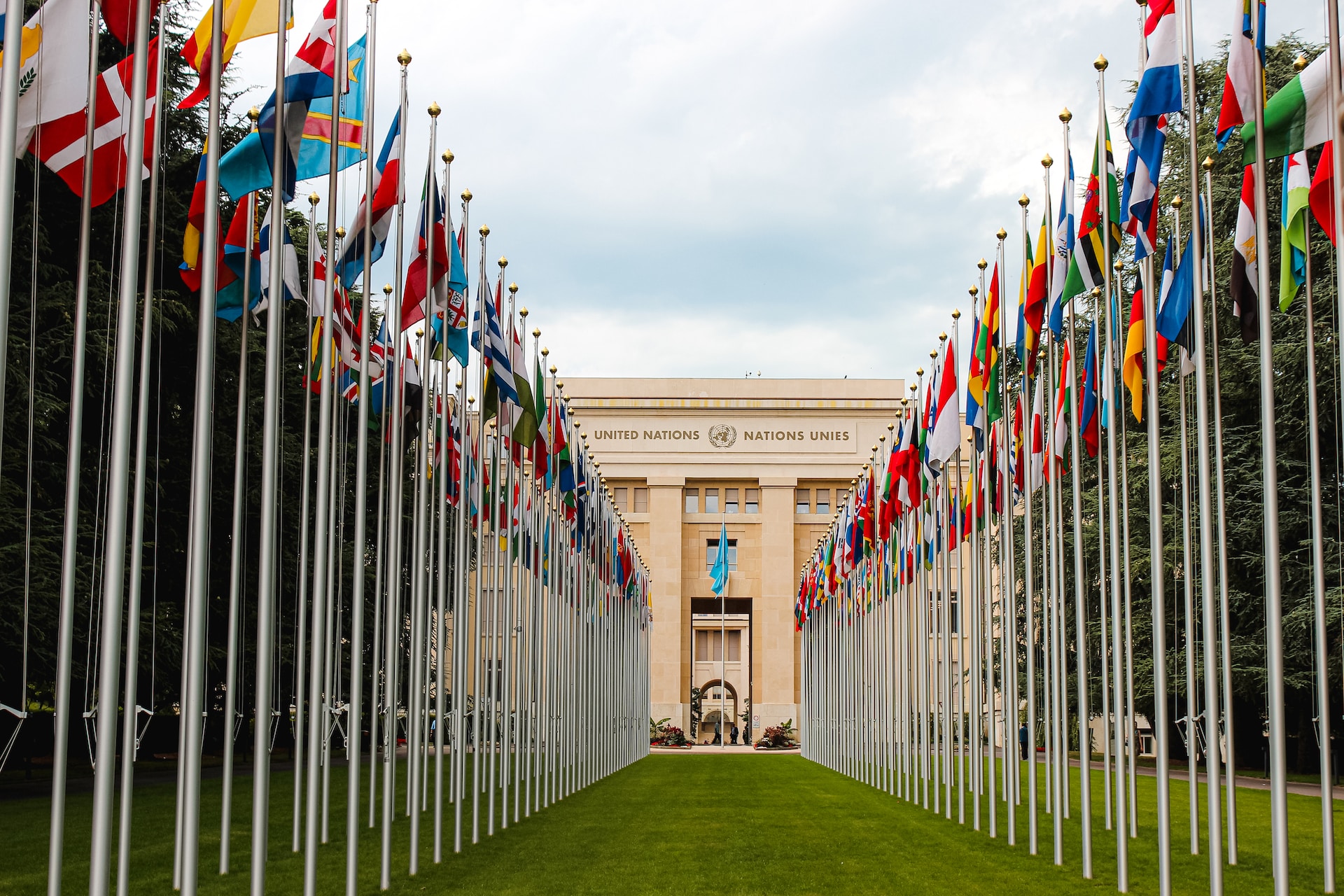The world is facing a rapidly escalating climate crisis, and UN Secretary-General Antonio Guterres’s recent visit to the Himalayas underscores the gravity of the situation. From the heart of the Everest region in Nepal, Guterres issued a resounding call: “Halt the climate change calamity.”
The Disappearing Ice Giants
During his expedition, Guterres drew attention to the alarming disappearance of Nepal’s glaciers. In just over 30 years, Nepal has seen almost a third of its glacial ice vanish. These vast ice expanses, which Guterres termed “frozen reservoirs,” are pivotal for more than a billion people, offering them essential freshwater. As these glaciers deplete, the consistent flow of rivers is at risk, jeopardizing the water sources for countless individuals.

Guterres revealed that the melt rate of Nepal’s glaciers has increased by 65% in the last decade compared to the one before. This rapid melt is a pressing concern not only for Nepal but also for the broader regions of the Himalayas and Hindu Kush. The glaciers in these regions feed ten critical river systems, which include lifelines like the Ganges, Mekong, and Yellow rivers. These rivers are vital for billions, ensuring their food, clean environment, energy, and income.
The Impending Crisis
Guterres emphasized the dual threat posed by the melting glaciers. Initially, they result in overflowing lakes and rivers, leading to floods that can wipe out entire communities. But as they continue to recede, these glaciers will eventually cease to feed the rivers, leading to significantly reduced river flows. Guterres described this impending scenario as “an unfolding disaster.”
A Push Towards a Greener Future
With the imposing silhouette of Mount Everest behind him in Syangboche village, Guterres highlighted the urgent need to move away from dependency on fossil fuels. Pointing out that global temperatures have surged by almost 1.2 degrees Celsius since the 1800s, he championed immediate global action. He emphasized that it’s the underprivileged and the least developed nations, who have had minimal contribution to the rise in emissions, that are suffering the most.

With fervor, Guterres declared, “Immediate collective action is the need of the hour to shield frontline communities and to restrict global temperature spikes to 1.5 degrees, to prevent severe climatic upheaval.” He poignantly added, “Time is of the essence.”
Final Thoughts
From the towering heights of the Himalayas, the UN Secretary-General’s message resonates globally: humanity is at a crossroads in its battle against climate change. The gravity of the challenge demands swift and united action to ensure the planet’s future.
©globalgreenhouse.eu

